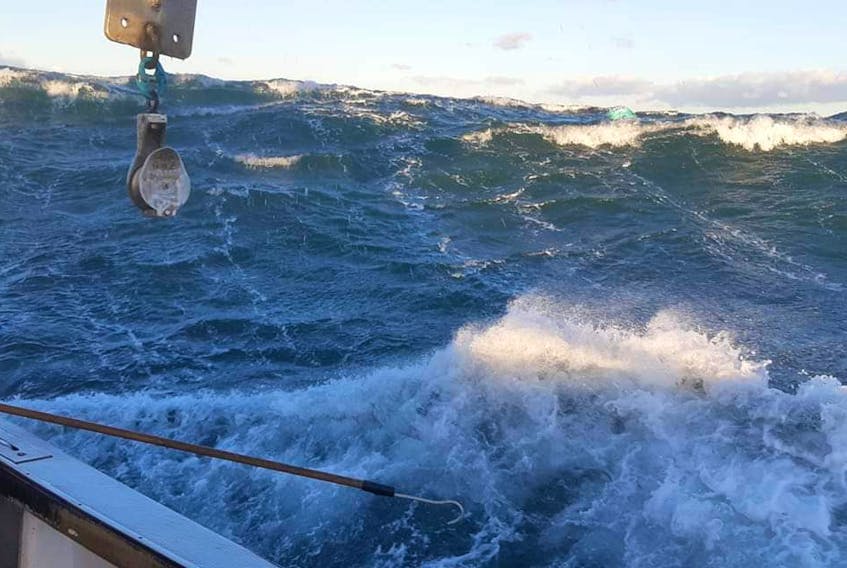On Monday, I described the approaching wind and rain storm as a weather bomb. It didn’t take long for the keyboard cowboys to accuse me of being alarmist.
I am always very careful to not “cry wolf” so I thought I would take moment to explain the term I used.
Weather bomb is a meteorological term used to explain rapid cyclogenesis.
Cyclogenesis is the development and strengthening of cyclonic circulation in the atmosphere. It’s an umbrella term for a few different processes that result in some sort of cyclone – two of which are fairly well known to us here in Atlantic Canada: tropical cyclones and extra tropical cyclones. Extratropical cyclones form outside the tropics as waves along weather fronts.
The term weather bomb is correctly used when a low pressure system “deepens” at least 24 mb in 24 hours. This rapid drop in pressure is more likely to occur during a shoulder season – spring or fall – when warm and cold air masses collide.
For the record, the central pressure of the low over New Liskeard, Ont., at sunrise Monday was 1009 millibars. At sunrise Tuesday it was 983 millibars… a drop of 26 mb in 24 hours.









